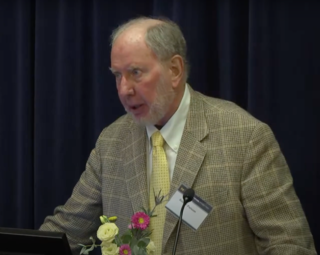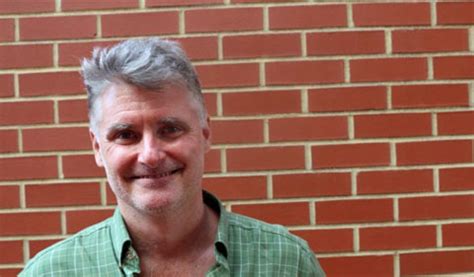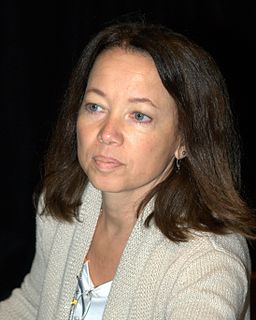A Quote by Robert D. Putnam
Unequal Democracy is the sort of book to which every political scientist should aspire--it is methodologically rigorous, conceptually serious, and above all, it addresses urgent concerns of our fellow citizens. As Bartels shows, much of what we think we know about the politics of economic inequality is dead wrong. Bartels's perplexing and often unexpected discoveries should help refocus the gathering public debate about inequality and what to do about it.
Quote Topics
About
Above
Addresses
Aspire
Book
Citizens
Concerns
Dead
Debate
Democracy
Discoveries
Economic
Economic Inequality
Every
Fellow
Fellow Citizens
Gathering
Help
Inequality
Know
Much
Often
Our
Perplexing
Political
Politics
Public
Refocus
Rigorous
Scientist
Serious
Should
Shows
Sort
Think
Unequal
Unexpected
Urgent
Which
Wrong
Related Quotes
We in America were worried about many problems dealing with economic inequality and political inequality. The Communist Party seemed to be the only political force, both concerned and willing, to take action to stop the threat of fascism abroad and to work for economic and political reform in this country.
Contemporary political theorists continue this type of thinking about democracy by arguing that the development of "public judgment" among regular citizens should be made the central concern of modern politics. Public judgment, in the words of Benjamin Barber, is a function of commonality that can be exercised only by citizens interacting with one another in the context of mutual deliberation and decision.
I think corporations should give more attention to this suffering and should wait to invest until there is a responsible government in Burma. I do not think it is a good idea to separate economics from politics; in fact, I do not think economics can be separated from politics It's quite understandable that many business concerns think only about their own profits It's up to the public to put as much pressure as it can on these companies, through shareholder resolutions and public actions.
The major economic policy challenges facing the nation today - pick your favorites among the usual suspects of low public and household savings, concerns about educational quality and achievement, high and rising income inequality, the large imbalances between our social insurance commitments and resources - are not about monetary policy.
I've been offered political shows before, and I don't know anything about politics and I feel uncomfortable making political opinions - there's consequences to them. I often think I'm wrong, so I really don't like getting in political or religious discussions because of the giant possibility that I might be wrong.
In the U.S. when people like me started writing things about inequality, the economic journals had no classification for inequality. I couldn't find where to submit my inequality papers because there was no such topic. There was welfare, there was health issues, there was trade obviously. Finance had hundreds of sub groups.
The rich believe that they're different and that it is their right to pay a much lower tax rate. The response that you see from people on Wall Street, their dismissal and their almost contempt for the concerns about their culpability in the financial crisis, about the income inequality, shows that they are completely out of touch.
As a Christian, but also as a scientist responsible for overseeing the Human Genome Project, one of my concerns has been the limits on applications of our understanding of the genome. Should there be limits? I think there should. I think the public has expressed their concern about ways this information might be misused.
I think now it's a very odd time in politics. It should be mostly about good governing. We need a government, not politics. Because there's too much politics. Of course there should be debate. But there seems to be so much pettiness and not enough good faith. It is civilized to agree to disagree and this idea is slowly disintegrating. The great statesmen of the past knew this, and I think it helps drive civilization.
Economic life should be definancialised. We should learn not to use markets as storehouses of value: they do not harbour the certainties that normal citizens require. Citizens should experience anxiety about their own businesses (which they control), not their investments (which they do not control).

































